Electrical Accessories
Cruise control, clock, warning lights, body control module, keyless entry, wiper motor or washer, tire pressure monitor, interior or exterior lights, horn, gauges, 12V power plug, USB ports, alarm or security system, remote engine start, heated or cooled seats, heated steering wheel, headlights, automatic headlights, automatic wipers, wireless charging pad.
What Owners Say
""After replacing Transmission Control Module, a few weeks later, had same problems with display going crazy and trouble starting car. Dealer had to replace Keyless Access Control Module. It's been fine since then.""
Anonymous, (2021 Honda Passport EX-L 3.5-L V6)


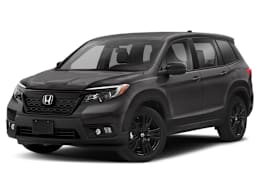
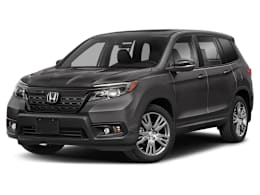
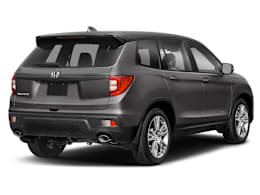
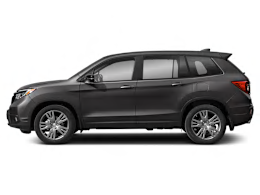
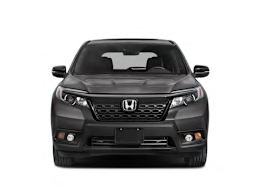
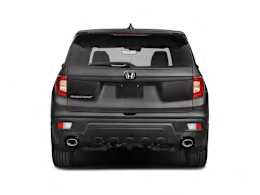
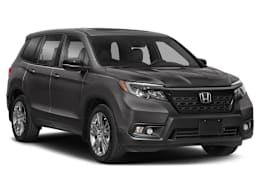
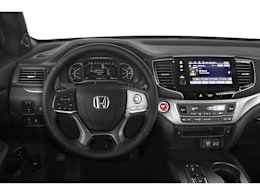

"The running lights continually failed. They were replaced at least 3 times. Honda service told us it was a design flaw that they were working on."
Anonymous, NY (2021 Honda Passport EX-L 3.5-L V6)